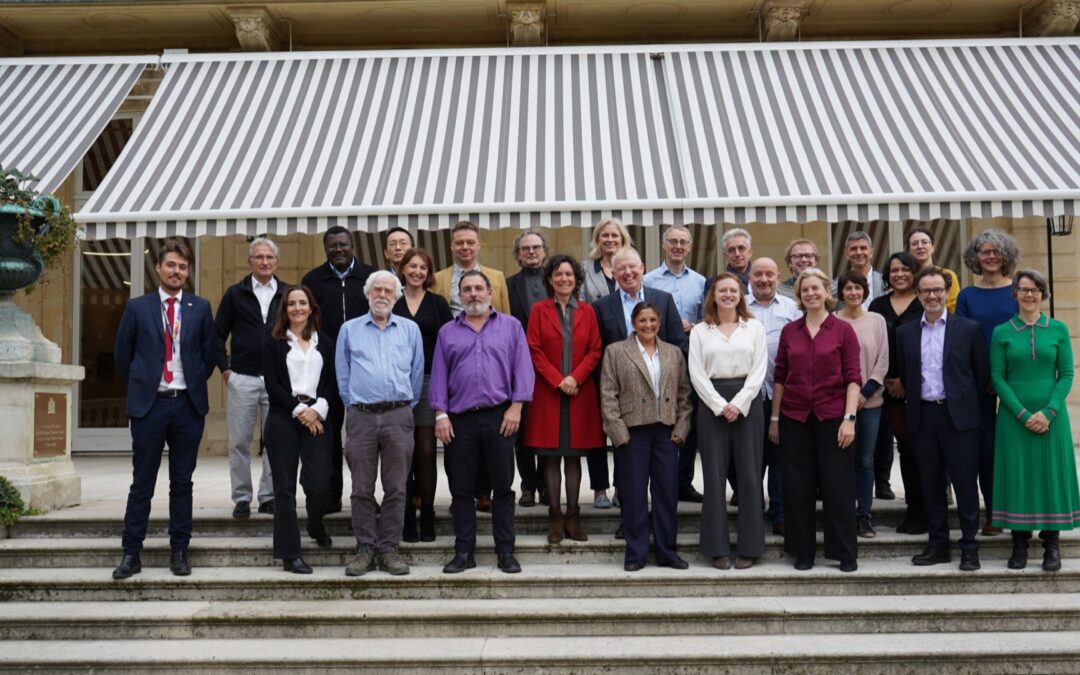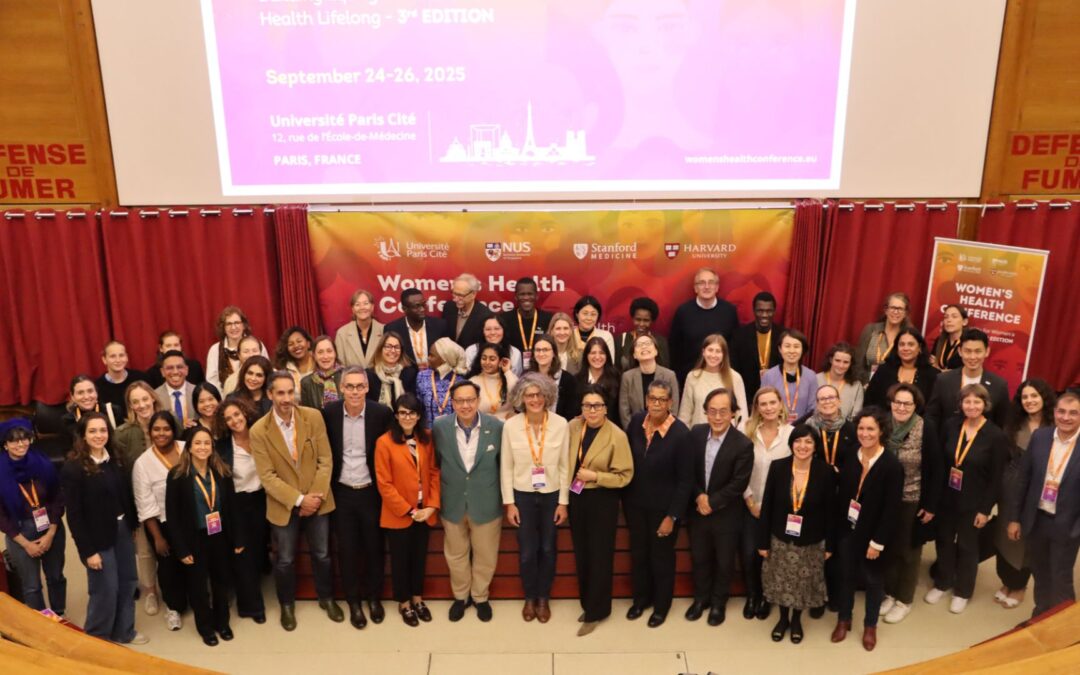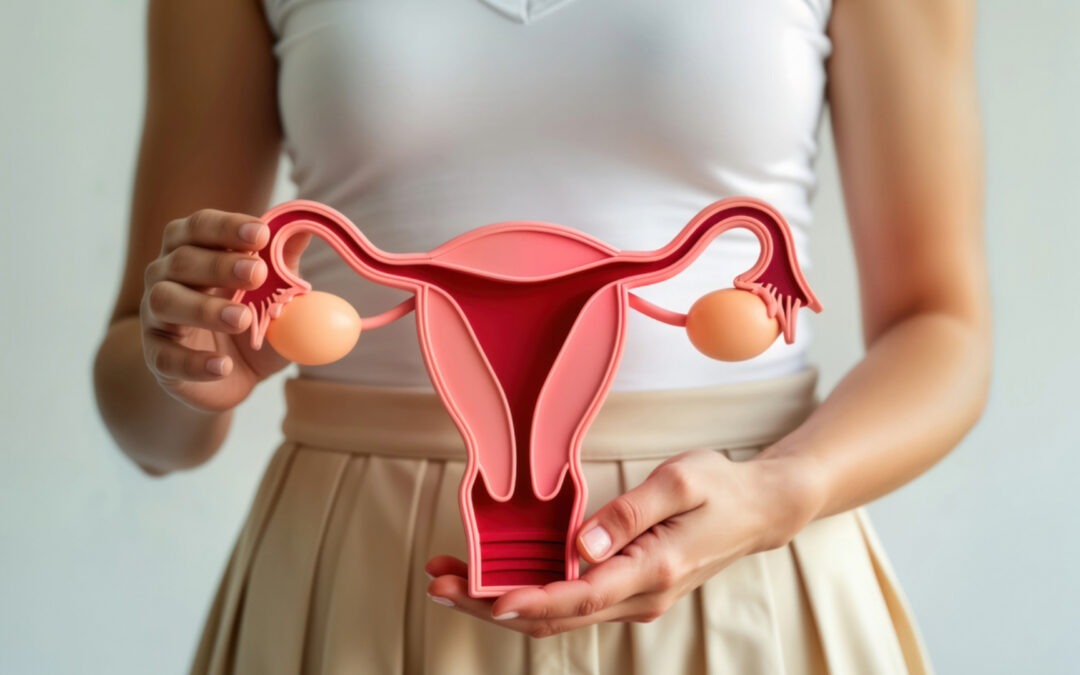Institute themes
The Institute for Women and Interdisciplinary Research in Science and Health focuses on five main themes and two cross-cutting themes.

Mains areas
Sexual and reproductive health and rights
This area of research explores issues relating to sexuality, contraceptive practices, assisted reproduction, abortion, and access to health information and services. It also focuses on women’s ability to enjoy a fulfilling sexuality, freely chosen and protected, in particular against sexually transmitted infections and unwanted pregnancies.
Based on the definition of sexual and reproductive health proposed by the World Health Organization, this theme adopts a global approach, integrating not only the physical aspects, but also the mental and social dimensions, which are essential for a thorough understanding of these issues.
Particular attention will be paid to the differences between women and men in the field of sexual and reproductive health, as sexuality is an area where gender stereotypes are still very strong and influence behavior, expectations and access to care.
Gynecological Health
This research area explores women’s gynaecological health and its management from historical, social and medical perspectives. Particular focus is given to endometriosis, polycystic ovary syndrome and gynaecological cancers, such as uterus cancer and breast cancer.
Women’s health related to pregnancy
In this area, we see pregnancy and immediate postpartum as a window in women’s lives. We wish to focus on the links between women’s health events in this window and, on the one hand, their preconception health, and on the other, their mid- and long-term health after pregnancy, particularly cardiovascular, metabolic and mental health. The pregnancy window is seen both as a window of vulnerability, but also as an opportunity to implement prevention and screening strategies, since women are in contact with the healthcare system. Finally, research in this area includes exploring the impact of the mother’s health on that of the fetus and young child, in line with the objectives of the national 1000 first days plan.
Mental Health
We focus on women’s mental health through the impact of different stages in women’s lives, such as puberty, menstrual cycles, pregnancy, PMA, contraception and menopause. But also, by studying the specific features of mental disorders in women: their clinical manifestations, determinants, risk factors and treatment. Finally, we are particularly interested in the impact of certain female pathologies, such as PCOS, endometriosis and certain female cancers, on women’s mental health.
Specificities of women in chronic conditions
This research area focuses on the study of women’s specificities in conditions not directly related to reproduction and sexual organs. We study primarily sex and gender differences in cardiovascular and metabolic conditions, with the ambition to extend this approach to neurological, endocrinological, autoimmune, infectious, osteoarticular and cancer conditions.
Cross-cutting themes
In addition to these 5 main areas, 2 cross-cutting themes are also defined, whose themes are intended to be invested within the five main areas.
Living, growing, and aging in good health
This area encompasses research focused on health promotion, the prevention of major diseases affecting women, and age-related health consequences. In this context, the institute’s mission is to advance research on lifestyle interventions that enhance women’s well-being, extend longevity, and improve quality of life across the life course.
Environment & climate change
In a world undergoing profound social and environmental mutations, mutations that mutually determine each other, women’s health, and in particular that of particularly vulnerable sub-groups, is a research and knowledge-sharing issue in which the institute is fully involved.
In this context, the institute’s mission is to promote research on the role of the environment in both its social and physical dimensions, to inform and to raise awareness on women’s health issues.
À lire aussi

5 novembre 2025 – Troubles psychiatriques : spécificités des femmes
Le mercredi 5 novembre 2025, l’Institut Interdisciplinaire Santé des Femmes – iWISH a organisé un webinaire, animé par Sarah Tebeka, consacré à la santé mentale, intitulé « Troubles psychiatriques, spécificités des femmes ». Cette rencontre a proposé un regard croisé entre une historienne, un psychiatre et une association de patientes, abordant les enjeux cliniques, historiques et expérientiels liés aux troubles psychiatriques chez les femmes.

Renforcer la coopération franco-britannique pour l’innovation en santé
L’Ambassade du Royaume-Uni à Paris a accueilli un atelier de deux jours réunissant des institutions scientifiques britanniques et françaises de premier plan, dont l’Université Paris Cité. Ensemble, elles ont jeté les bases de nouveaux partenariats de recherche en santé, dans des domaines cruciaux tels que la résistance aux antimicrobiens, les maladies infectieuses et la santé des femmes.

Women’s Health Conference 2025
From September 24 to 26, 2025, Université Paris Cité organized and hosted the third edition of the Women’s Health Conference, an international event bringing together researchers, practitioners, policymakers, and activists from around the world. Between practical workshops and interdisciplinary discussions, the conference offered a rich and inspiring space to exchange ideas on the scientific and societal challenges related to women’s health.

11 juin 2025 – Recherche en endométriose : Regards croisés d’une biologiste, d’une sociologue et d’une association de patientes
Le mercredi 11 juin 2025, l’Institut Interdisciplinaire Santé des Femmes – iWISH a organisé un webinaire consacré à la santé gynécologique, en particulier à l’endométriose. Cette maladie chronique se caractérise par la présence de tissu semblable à celui de l’endomètre – normalement localisé à l’intérieur de l’utérus – en dehors de celui-ci. Implanté à des endroits inhabituels (comme les ovaires, les trompes ou le péritoine), ce tissu réagit aux variations hormonales du cycle menstruel et provoque une inflammation chronique. La rencontre a proposé une approche interdisciplinaire de l’endométriose, en croisant les savoirs scientifiques, les analyses sociologiques et les vécus des patientes.
